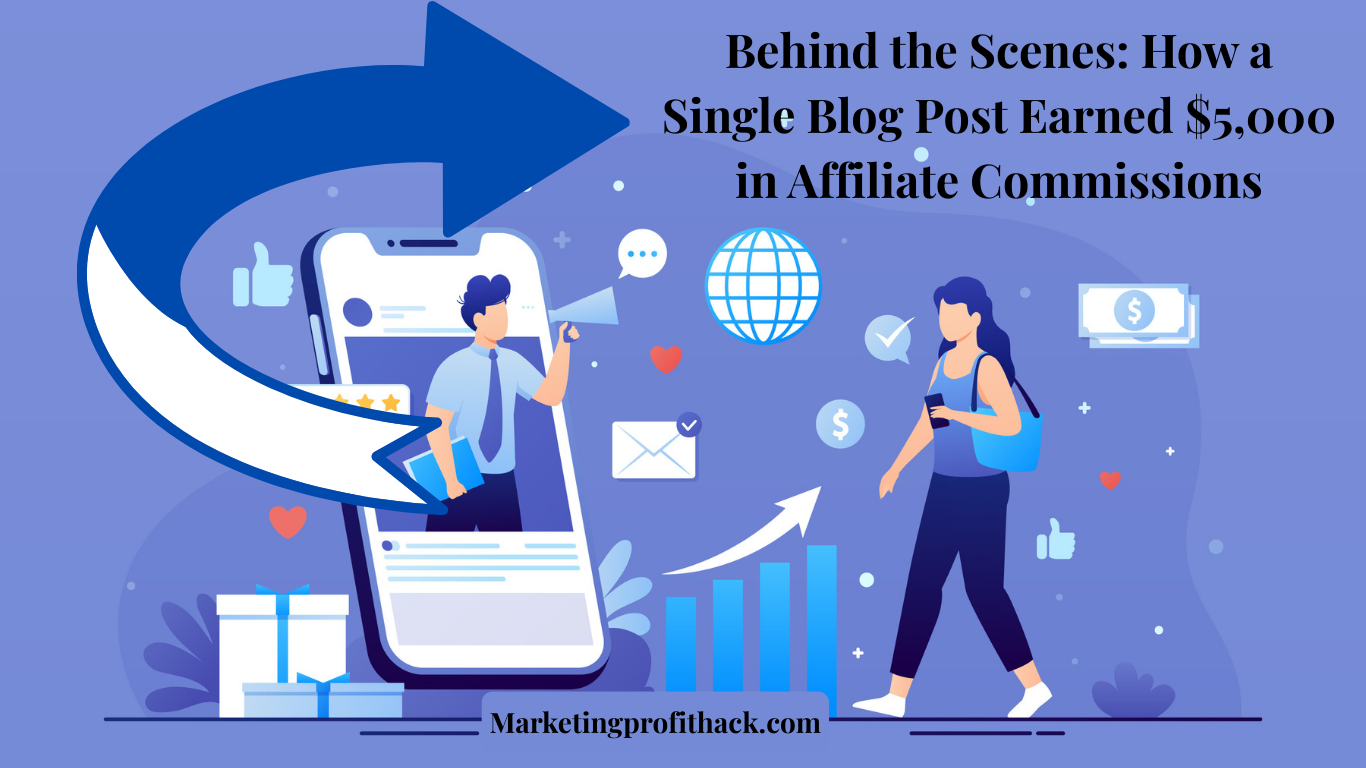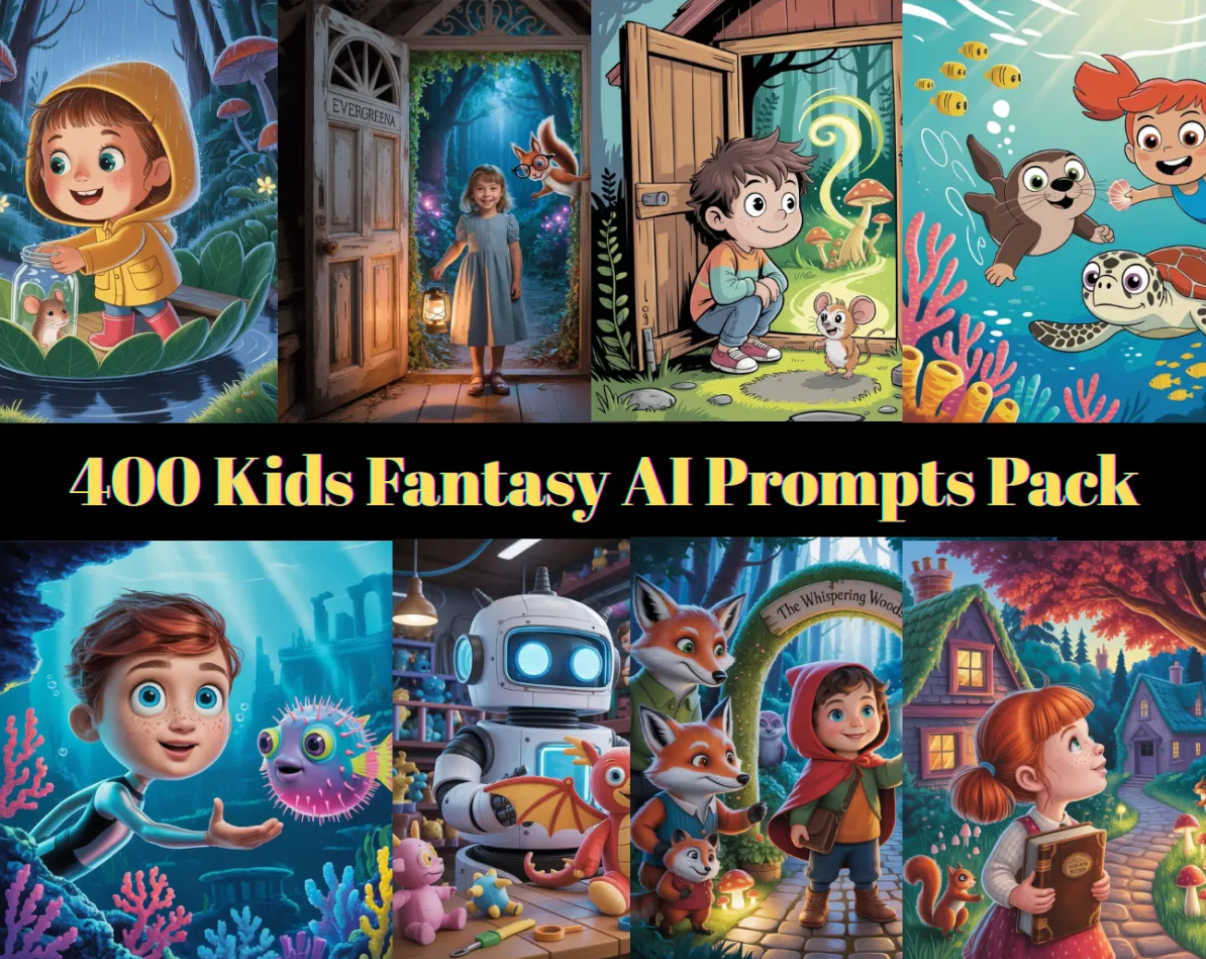How to Monetize a Food Blog and Serve Up a Profit

Strong 8k brings an ultra-HD IPTV experience to your living room and your pocket.
Just starting a food blog is a fantastic way to share your passion for cooking and food with like-minded individuals. However, once you've established your blog, it's natural to explore ways to monetize it and potentially turn it into a source of income. In this blog post, we will probe into effective strategies for monetizing your food blog and serving up a profit while continuing to create engaging content for your audience.
Key Takeaways:
- Diversify Income Streams: To monetize a food blog successfully, consider various revenue streams such as affiliate marketing, sponsored content, selling digital products, and offering cooking classes or workshops.
- Build a Strong Brand: Develop a unique and engaging brand for your food blog to attract a loyal audience and potential collaborators. Consistent branding and high-quality content can set you apart in the competitive food blogging landscape.
- Engage with Your Audience: Foster relationships with your followers through social media, email newsletters, and interactive content. Understanding your audience's preferences and listening to their feedback can help you tailor your offerings and increase revenue through targeted strategies.
Preparing Your Food Blog for Monetization
Creating High-Quality Content
It all starts with the content on your food blog. High-quality, engaging, and visually appealing content is vital for attracting and retaining readers. Make sure your recipes are well-written, easy to follow, and accompanied by gorgeous photos. Sharing personal anecdotes or stories related to the recipe can also help connect with your audience on a deeper level.
Building a Loyal Audience
Even the most outstanding content on your food blog will not be enough if you don't have a loyal audience to consume it. Building a community around your blog takes time and effort. Interact with your readers through comments, social media, newsletters, and even in-person events. Encourage feedback and engagement to make your audience feel heard and valued.
Preparing giveaways or hosting contests can also help foster a sense of community and keep your audience coming back for more. Keep in mind, a loyal audience is more likely to support your blog through purchasing products, services, or clicking on ads.
Understanding SEO Fundamentals
To increase your food blog's visibility and reach a broader audience, it's crucial to understand the basics of Search Engine Optimization (SEO). This includes using relevant keywords in your content, optimizing your images with alt text, and building quality backlinks from reputable sources. Consistently producing fresh, relevant content can also improve your blog's SEO ranking and attract more organic traffic.
To fully harness the power of SEO, consider investing in tools like Google Analytics to track your blog's performance and identify areas for improvement. By staying up to date with SEO trends and best practices, you can ensure that your food blog remains competitive in the digital landscape.
Monetization Strategies for Food Bloggers
Advertising and Sponsored Content
Bloggers looking to monetize their food blogs can explore various avenues, and one popular method is through advertising and sponsored content. Advertising on websites can generate revenue through display ads, video ads, or sponsored posts. Working with brands to create sponsored content, such as recipe development using a specific product or writing a review, can also be a profitable strategy for food bloggers.
By partnering with brands that align with their niche and audience, food bloggers can not only earn income but also provide valuable content to their readers. It is crucial for bloggers to maintain authenticity and transparency when promoting sponsored content to preserve trust with their audience.
Affiliate Marketing and Product Reviews
Even though affiliate marketing and product reviews may seem similar, they have distinct differences in how bloggers can monetize their food blogs. Affiliate marketing involves promoting products or services and earning a commission for every sale or lead generated through the blogger's unique affiliate link. Product reviews, on the other hand, focus on providing an in-depth analysis of a product or service, detailing its features, benefits, and shortcomings.
Affiliate marketing is a powerful monetization strategy for food bloggers, allowing them to earn passive income by recommending products they genuinely believe in. By incorporating affiliate links strategically within their content, bloggers can enhance their revenue streams while providing value to their audience through trusted recommendations.
Leveraging Your Expertise and Community
Offering Cooking Classes or E-books
All food bloggers have a unique skill set and valuable knowledge to share with their audience. An excellent way to monetize this expertise is by offering online cooking classes or creating and selling e-books. By leveraging your talents in the kitchen and your ability to connect with your audience, you can provide valuable content that your followers are willing to pay for.
Hosting Workshops and Events
One effective way to further monetize your food blog is by hosting workshops and events in your local community or online. These can range from hands-on cooking classes to food photography workshops. By creating interactive experiences for your audience, you not only generate revenue but also foster a deeper connection with your followers, turning them into loyal customers.
Your workshops and events can be great opportunities to collaborate with other food bloggers, chefs, or brands, expanding your reach and credibility in the food industry. By offering exclusive, valuable content that participants can't find elsewhere, you can establish yourself as an authority in your niche and create a sustainable income stream for your food blog.
Diversifying Income Streams
Selling Merchandise
For food bloggers looking to diversify their income streams, selling merchandise can be a lucrative option. By creating and selling branded products such as t-shirts, mugs, aprons, or even digital cookbooks, you can tap into your loyal audience and offer them something tangible to show their support for your brand.
Creating Subscription Services
On the other hand, creating subscription services can provide a steady income stream for your food blog. You can offer premium content, such as exclusive recipes, cooking tips, meal plans, or access to live cooking demos, in exchange for a monthly or yearly subscription fee. This not only adds value for your audience but also ensures a regular source of revenue for your blog.
Clearly outlining the benefits of your subscription service, whether it's access to a private community of food enthusiasts, personalized cooking advice, or early access to new recipes, can entice your audience to sign up and support your blog on an ongoing basis.
Diversifying your income streams as a food blogger is key to maximizing your earning potential and building a sustainable business. By exploring options like selling merchandise and creating subscription services, you can create multiple revenue streams that complement your advertising and sponsored content income, making your food blog more profitable in the long run.
Managing the Business Side
Once again, if you want to turn your food blog into a profitable business, you need to effectively manage the business side of things. This includes financial planning, legal considerations, and tax implications.
Tips for Effective Financial Planning
- Keep track of all your expenses and revenues.
- Set a budget and stick to it.
- Invest in tools that can help you streamline your financial processes.
Assume that a well-planned budget will pave the way for profitability in the long run.
Legal Considerations and Tax Implications
Managing the legal and tax aspects of your food blog is crucial to avoid any future complications. You need to ensure that you are complying with all necessary regulations and tax laws applicable to your business.
Understanding the legal considerations and tax implications can help you make informed decisions that protect your business and ensure its growth. It is advisable to consult with a legal or financial professional to guide you through these aspects and help you navigate any complexities.
Marketing Techniques to Grow Revenue
Social Media Strategies
Grow your food blog's revenue by leveraging the power of social media. By actively engaging with your audience on platforms like Instagram, Facebook, and Pinterest, you can reach a wider audience and drive more traffic to your blog. Share enticing photos of your recipes, behind-the-scenes glimpses, and engage with your followers through polls, contests, and live videos. Collaborate with influencers in the food niche to expand your reach and attract new followers.
Email Marketing and List Building
Strategies for building an email list and utilizing email marketing can significantly increase your revenue as a food blogger. Collect email addresses by offering a free recipe eBook, meal planning guide, or exclusive content. Once you have a list of subscribers, send them regular newsletters with curated content, recipe highlights, and promotional offers. Personalize your emails and segment your list to cater to different interests and preferences, ensuring higher open rates and engagement.
Email marketing allows you to establish a direct line of communication with your audience, nurturing strong relationships and driving traffic back to your blog. By consistently providing value and engaging content, you can cultivate a loyal following that is more likely to convert into paying customers or loyal fans of your brand.
Scaling Up and Sustaining Profitability
Factors Affecting Long-Term Success
After establishing a successful food blog, sustaining profitability depends on several key factors. Consistent high-quality content, engaging with your audience, staying up-to-date with food trends, and effectively managing your expenses are crucial for long-term success. Additionally, building a strong brand image, diversifying your revenue streams, and continuously innovating can help you stay relevant in the competitive food blogging industry.
- Consistent high-quality content
- Engaging with your audience
- Staying up-to-date with food trends
- Effectively managing expenses
Knowing how to adapt to changes in the market and being proactive in your business decisions are necessary to building a sustainable and profitable food blog in the long run.
Collaborating with Other Food Bloggers and Brands
One effective way to scale up your food blog and increase profitability is by collaborating with other food bloggers and brands in the industry. By partnering with like-minded individuals or companies, you can reach a wider audience, attract new followers, and create more opportunities for monetization. Collaborations can also help you learn from others, share resources, and enhance the overall quality of your content.
Other food bloggers and brands can offer different perspectives, expertise, and resources that can complement your own skills and knowledge. By collaborating with them, you can tap into new markets, build credibility, and grow your influence within the food blogging community.
To wrap up
Taking this into account, monetizing a food blog and turning it into a profitable venture requires a strategic approach. By diversifying revenue streams, utilizing affiliate marketing, sponsored content, and creating and selling your own products or services, you can maximize the earning potential of your platform. Additionally, consistently creating high-quality, engaging content and building a loyal audience base are imperative steps in establishing a successful food blog business. With the right combination of creativity, dedication, and business acumen, you can turn your passion for food and blogging into a lucrative source of income.
FAQ
Q: How can I monetize my food blog effectively?
A: The key to monetizing a food blog successfully is to diversify your revenue streams. You can earn money through sponsored content, affiliate marketing, selling digital or physical products, offering online courses or workshops, and displaying ads on your website. Consider also partnering with brands, creating an email list for marketing purposes, and engaging with your audience on social media platforms.
Q: What are some effective strategies for serving up a profit with my food blog?
A: To increase your blog's profitability, focus on creating high-quality, engaging content that resonates with your target audience. Develop a strong personal brand, optimize your blog for search engines, and use analytics to track your performance and make data-driven decisions. Collaborate with other bloggers or influencers, participate in food-related events or workshops, and constantly look for new ways to grow and monetize your blog.
Q: How can I attract advertisers and sponsors to my food blog?
A: To attract advertisers and sponsors to your food blog, you need to build a strong online presence and demonstrate your influence and engagement with your audience. Create a media kit that showcases your blog statistics, demographics, and past collaborations. Reach out to brands that align with your niche and values, and propose tailored partnership opportunities. Engage with your audience authentically, and consistently deliver high-quality, valuable content to attract potential sponsors and advertisers.
Note: IndiBlogHub features both user-submitted and editorial content. We do not verify third-party contributions. Read our Disclaimer and Privacy Policyfor details.








